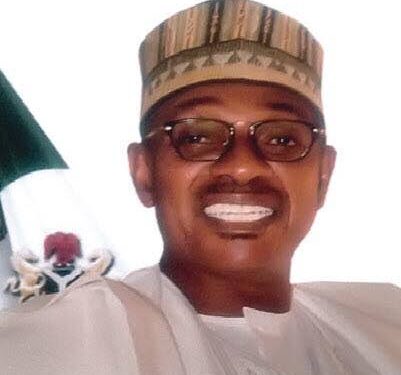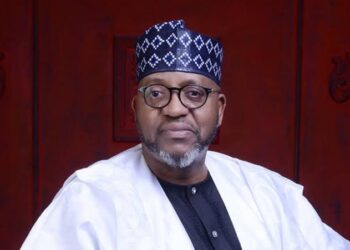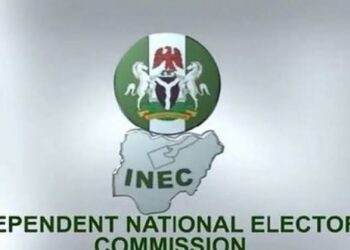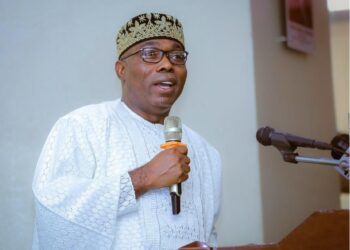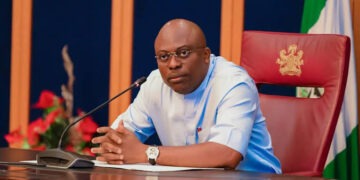Abdul-Jhalil Tafawa Balewa, a former presidential candidate from the Peoples Democratic Party (PDP), has recently shared his thoughts on Nigeria’s political system. He argues that transitioning to a parliamentary system of government will not resolve the country’s ongoing socio-political and economic challenges. Tafawa-Balewa expressed these views in a detailed interview with the News Agency of Nigeria on Sunday in Lagos.
Tafawa-Balewa’s remarks come in response to ongoing discussions about whether Nigeria should move from its current presidential system to a parliamentary system. This debate is driven by concerns over Nigeria’s various challenges, including political instability, economic difficulties, and social unrest. Advocates of the parliamentary system believe it might offer more effective governance compared to the current presidential model.
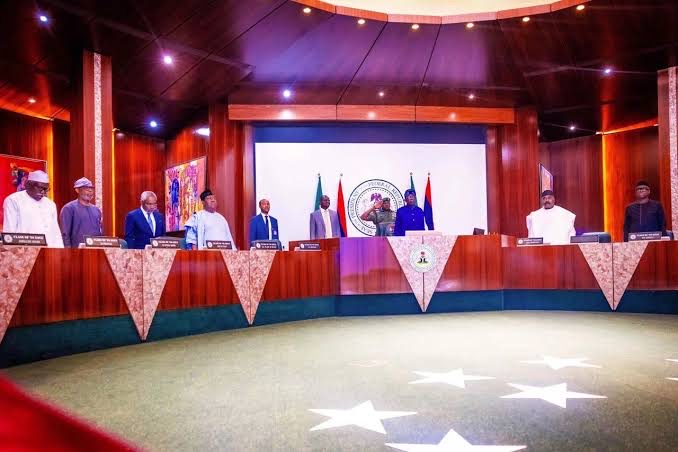
Historically, Nigeria used a parliamentary system, based on the British Westminster model, from 1960 to 1966. During this period, Sir Abubakar Tafawa Balewa served as the Prime Minister, while Dr. Nnamdi Azikwe held the ceremonial position of the head of state. This system was in place until a military coup led to the establishment of a presidential system.
However, Tafawa-Balewa argues against revisiting the parliamentary system. He believes that introducing such a significant change at this point would be costly and may not address the core issues Nigeria faces. Instead, he suggests that Nigeria should focus on modifying its existing democratic framework to better represent its diverse population.
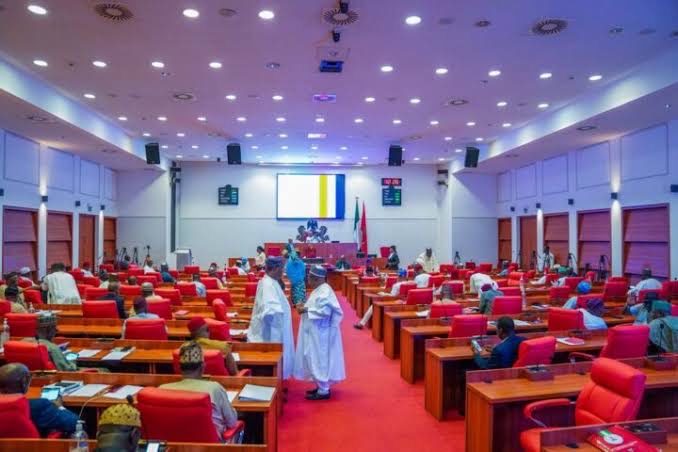
Tafawa-Balewa proposes that the country urgently needs to undergo restructuring to enable the devolution of power from the central government to the various regions. By allowing regions to manage their own affairs and develop based on their unique strengths, Nigeria could see substantial improvements. He outlines a vision where different regions specialize in areas where they have natural advantages.
For instance, he suggests that the South-West could focus on expanding its service industry, while the South-East might concentrate on advancing the marine industry, manufacturing, and commerce. The South-South could remain centered on petroleum-related industries, and the North could specialize in agriculture.
This regional specialization would, according to Tafawa-Balewa, allow each area to leverage its strengths, which could lead to more effective governance and economic development, potentially alleviating many of the nation’s current issues.
Abdul Jhalil Tafawa-Balewa advocates for a restructured approach to governance that capitalizes on regional strengths rather than a wholesale change in the government system.


